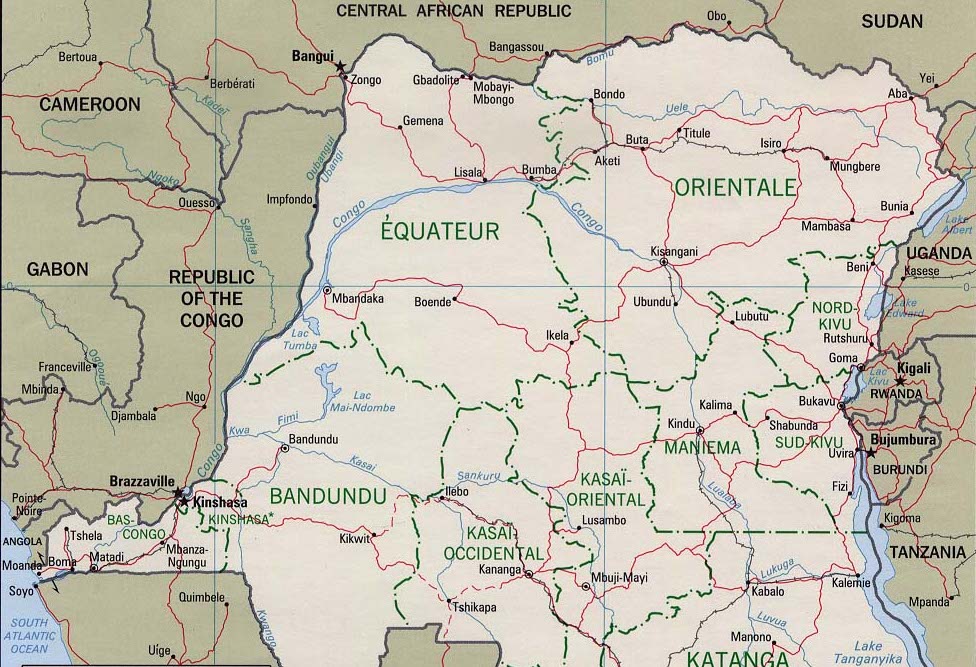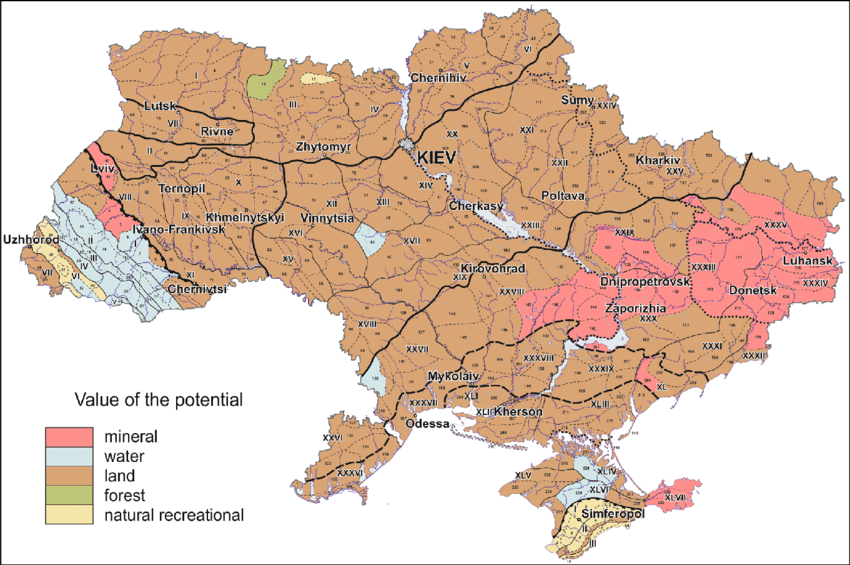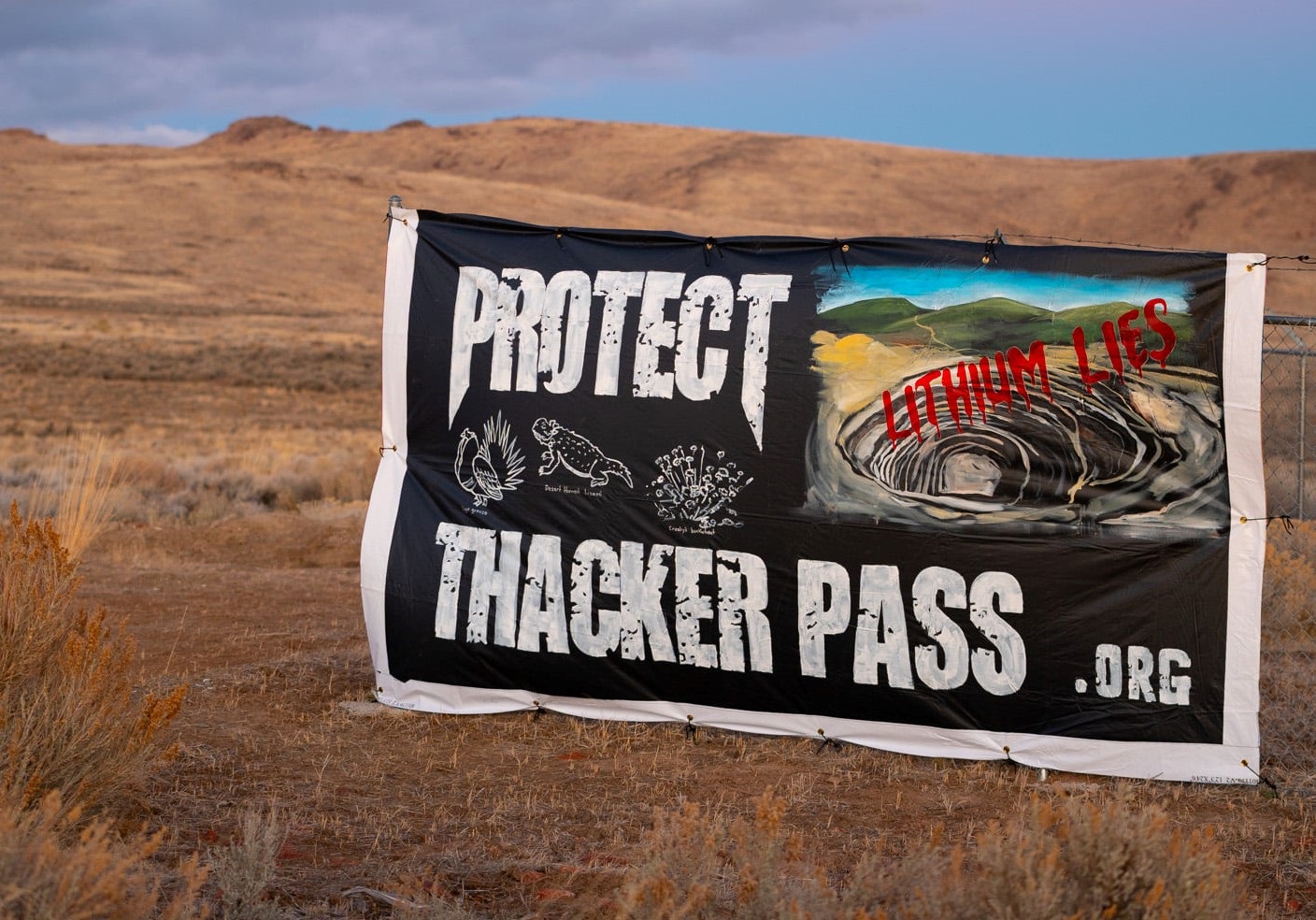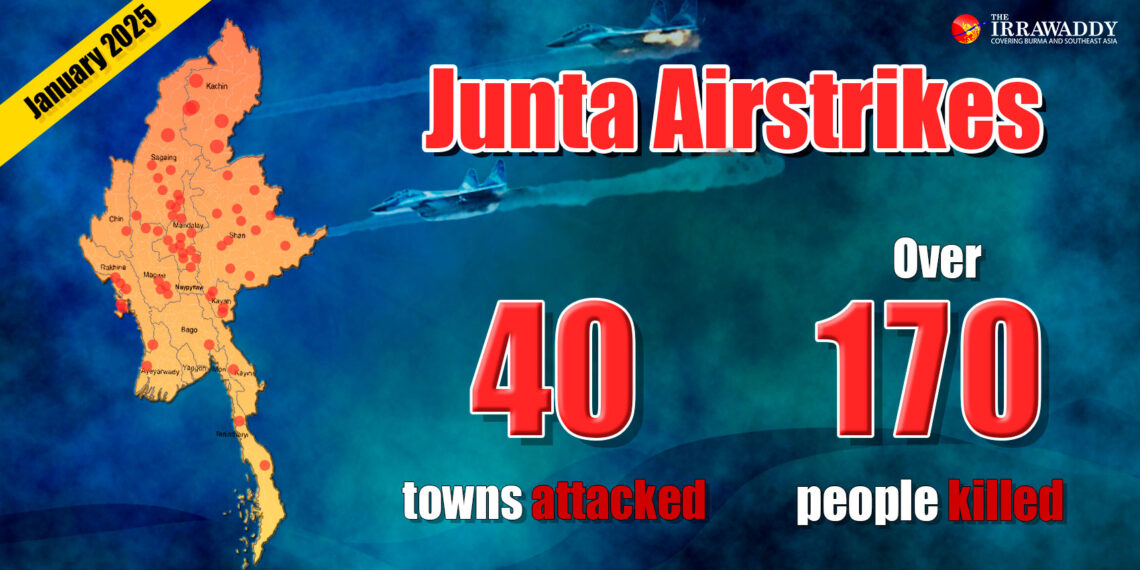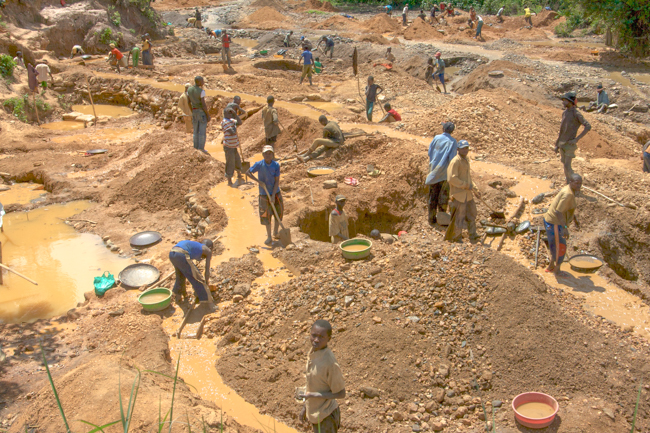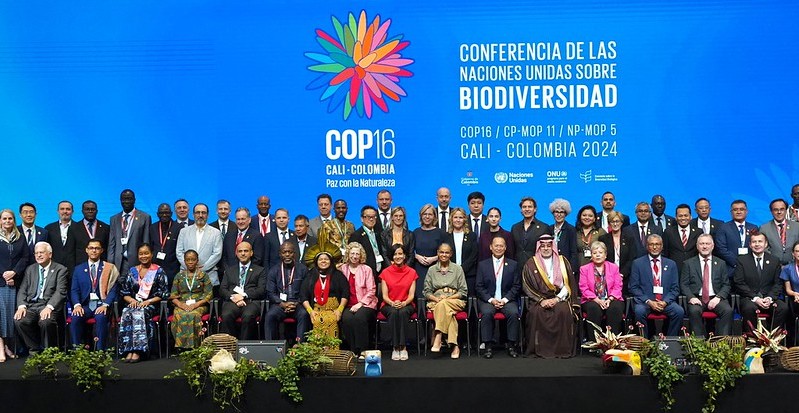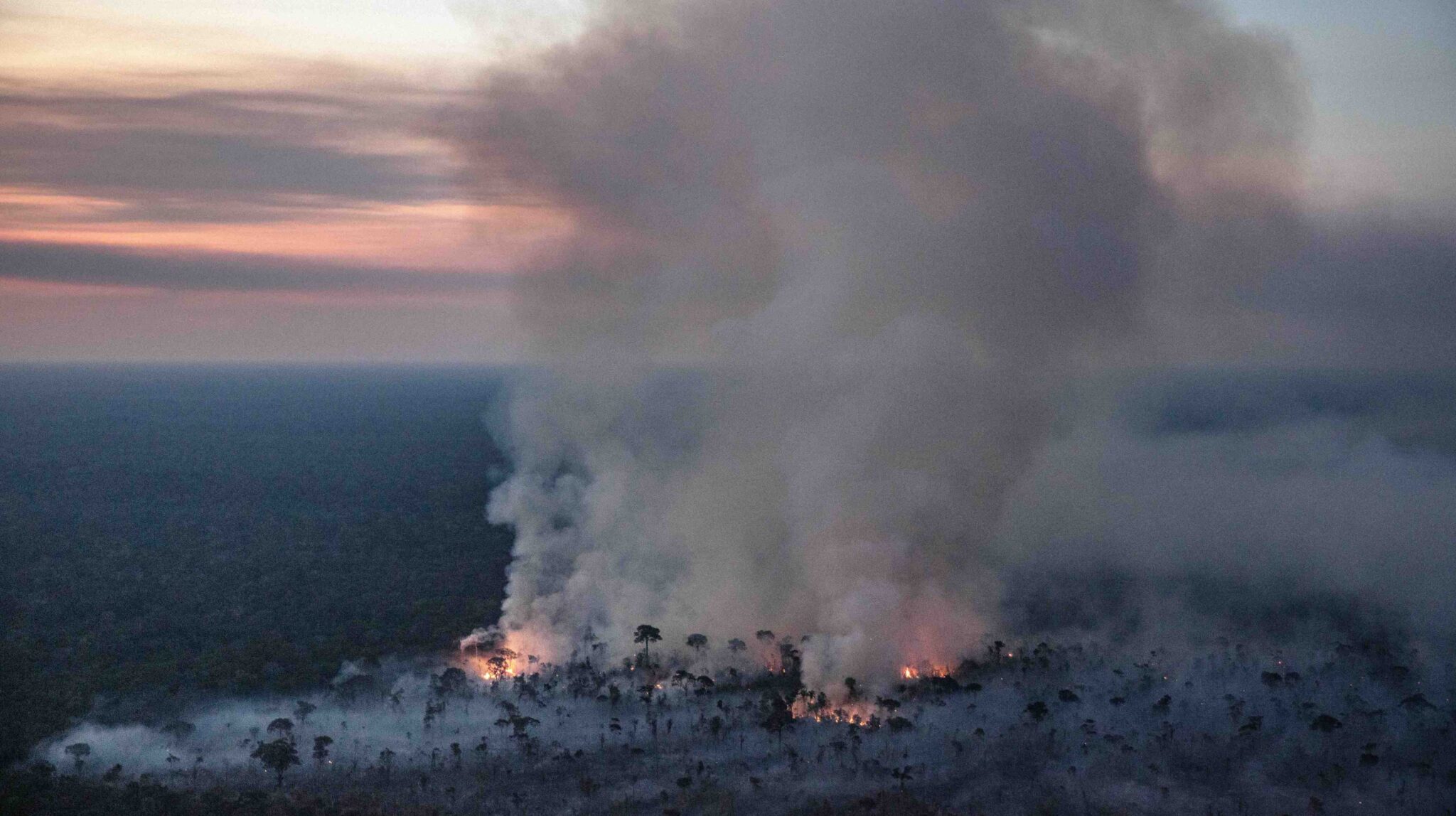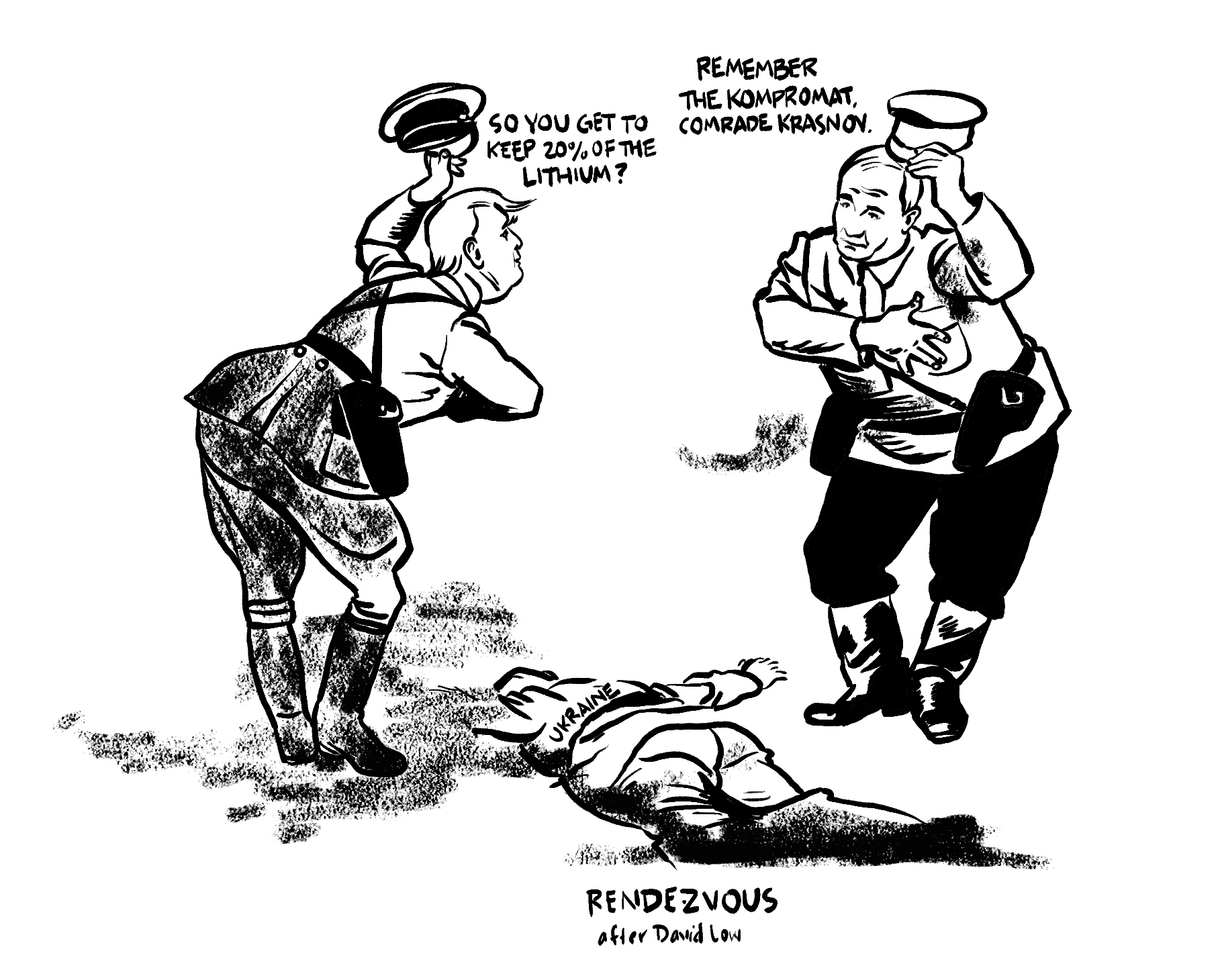
Podcast: MAGA-fascism and the future of Europe
The revised deal for US access to Ukraine’s mineral wealth (with no security guarantees for Kyiv) collapsed in the unseemly Oval Office donnybrook, and European leaders now convene their own summit—faced with the prospect of supporting Ukraine without the US. But Hungary and Slovakia represent an authoritarian bloc that supports Ukraine’s betrayal—and Romania could be next to defect to this Russia-aligned bloc. In Europe and America alike, elements of the “tankie” pseudo-left no longer even bother to hide their convergence with MAGA. In Episode 267 of the CounterVortex podcast, Bill Weinberg calls for a clean break at both the international and grassroots levels. Europe must realize that the Atlantic alliance is effectively dead, and there are no prospects of reviving it while Trump is in the White House; whether or not the rumors are true that he was recruited as a KGB agent in the ’80s, he is now on Putin’s side. And progressives must repudiate pseudo-left misleaders who shill for Trump and and spread lies for Putin, and seek a new leadership that mobilizes to oppose them. (Image: Chris Rywalt/CounterVortex, after “Rendezvous” by British cartoonist David Low, 1939)




